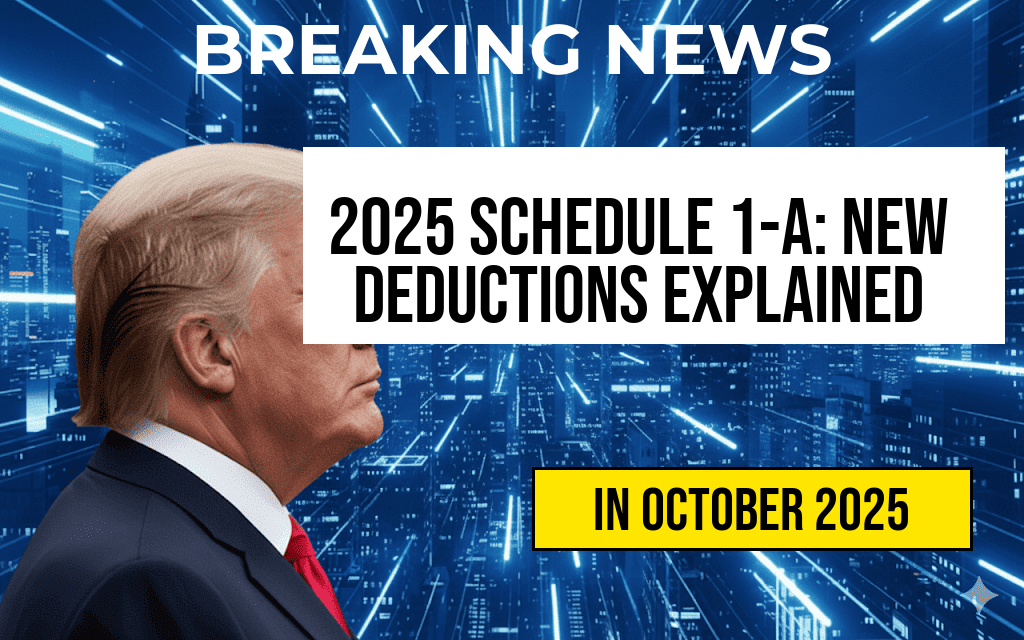The Social Security Administration (SSA) is set to implement an updated job database that could significantly impact the benefits received by Social Security Disability Insurance (SSDI) claimants. This new database aims to streamline the process of evaluating claimants’ ability to work, but experts warn that it may lead to situations where individuals who are unable to maintain substantial gainful activity could receive $0 in benefits. The implications of this update are profound, and understanding the mechanics of the changes is crucial for current and future SSDI applicants. As the SSA continues to adapt its policies, stakeholders are voicing concerns about the potential fallout for those who rely on these benefits for their livelihood.
What the Updated Job Database Entails
The SSA’s updated job database is designed to reflect current labor market conditions more accurately. This shift is meant to provide a more comprehensive overview of available job opportunities and to help assess what jobs SSDI claimants may realistically be capable of performing. The database includes data on job availability, pay scales, and the physical and mental demands of various occupations.
Potential Consequences for SSDI Claimants
While the intention behind the updated database is to enhance the accuracy of benefit assessments, the changes could inadvertently lead to a decrease in the number of individuals qualifying for SSDI benefits. Key reasons for this potential outcome include:
- Increased Job Availability: The new system may classify more jobs as available, potentially indicating that claimants can perform some level of work, even if their disabilities prevent them from doing so effectively.
- Stiffer Evaluation Criteria: Claimants may face stricter evaluations regarding their ability to engage in “substantial gainful activity,” which could result in a higher number of denials for those who are genuinely unable to work.
- Administrative Challenges: The introduction of a new system can lead to confusion among applicants and staff alike, possibly resulting in errors during the evaluation process.
Understanding Substantial Gainful Activity
Substantial Gainful Activity (SGA) is a critical term in the SSDI program, defined by the SSA as the performance of work that brings in a certain minimum amount of income. For 2023, this threshold is set at $1,470 per month for non-blind individuals and $2,460 for blind individuals. If the SSA determines that a claimant can engage in SGA, they may be disqualified from receiving SSDI benefits.
Implications of Job Classifications
The updated database will classify jobs based on the physical and mental demands required to perform them. This could lead to an increased number of jobs being deemed suitable for SSDI claimants, even if those individuals face severe limitations. For instance, a claimant with a severe physical disability may struggle with jobs that require standing for long periods, but the database might suggest alternative positions that do not account for such limitations.
Advocacy and Expert Opinions
Advocacy groups for disabled individuals are expressing concern over these changes. They argue that the updated job database might overlook the real challenges faced by SSDI claimants, leading to unfair rejections of legitimate claims. Experts are calling for a more nuanced approach that considers not just the availability of jobs but also the individual capabilities of claimants.
What SSDI Claimants Can Do
Individuals currently receiving SSDI benefits or those planning to apply should stay informed about these changes and prepare accordingly. Here are some steps claimants can take:
- Document Limitations: Keep thorough records of your medical conditions and how they affect your ability to work.
- Consult with Professionals: Speak with disability advocates or attorneys who specialize in SSDI claims to understand how the new database may impact your situation.
- Stay Updated: Follow news from the SSA and disability advocacy organizations to remain aware of any changes in policy or evaluation criteria.
Looking Ahead
The implementation of the updated job database by the SSA marks a significant shift in how SSDI claims may be evaluated. While the goal is to create a more efficient system, the potential for adverse outcomes for claimants is a serious concern. Advocates are urging the SSA to consider the complexities of disability and the realities faced by those seeking benefits. As this situation evolves, ongoing dialogue will be essential to ensure that the needs of SSDI claimants are adequately met.
For more information on SSDI and its eligibility requirements, visit the Social Security Administration’s official website.
Frequently Asked Questions
What is the updated job database mentioned in the article?
The updated job database refers to a new system being implemented to assess the availability of jobs in the market, which could impact Social Security Disability Insurance (SSDI) claimants’ benefits.
How could the new database lead to $0 benefits for SSDI claimants?
The new database may identify a greater number of work opportunities that SSDI claimants could potentially perform, thus leading to a reassessment of their eligibility and possibly resulting in $0 benefits.
What factors are considered in determining SSDI eligibility?
SSDI eligibility is determined by various factors, including the severity of the disability, ability to engage in substantial gainful activity, and the current job market conditions as reflected in the updated database.
Can claimants appeal a decision made based on the new job database?
Yes, claimants can appeal decisions made based on the new job database, but they will need to provide evidence of their disability and inability to work to support their case.
What should current SSDI claimants do in response to this update?
Current SSDI claimants should stay informed about the changes and consider consulting with a disability attorney or advocate to understand how these updates may affect their benefits and eligibility.








